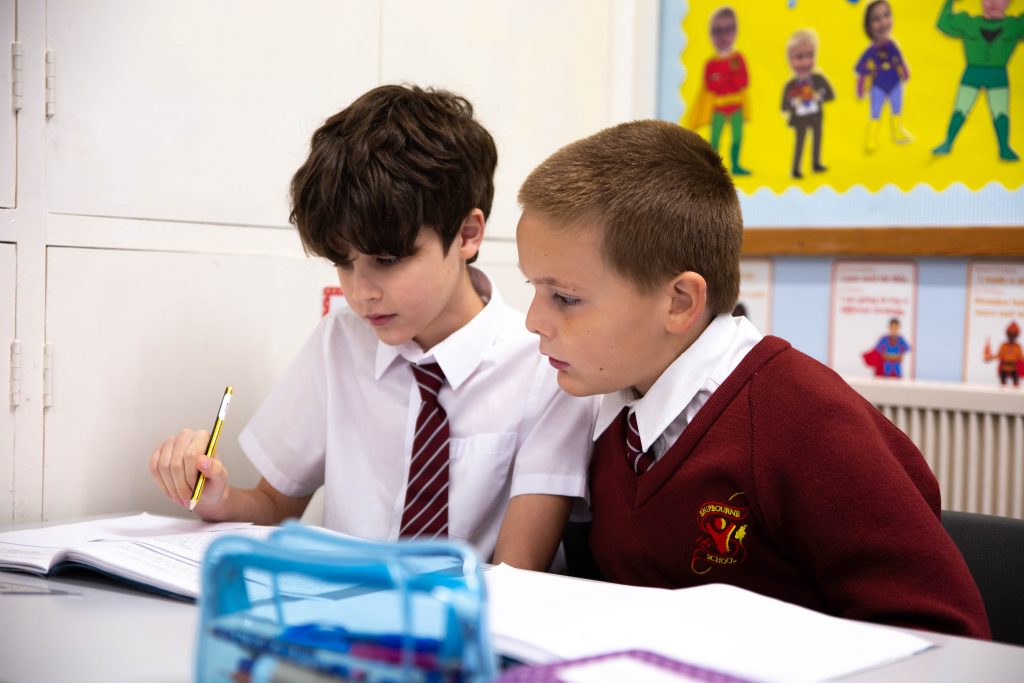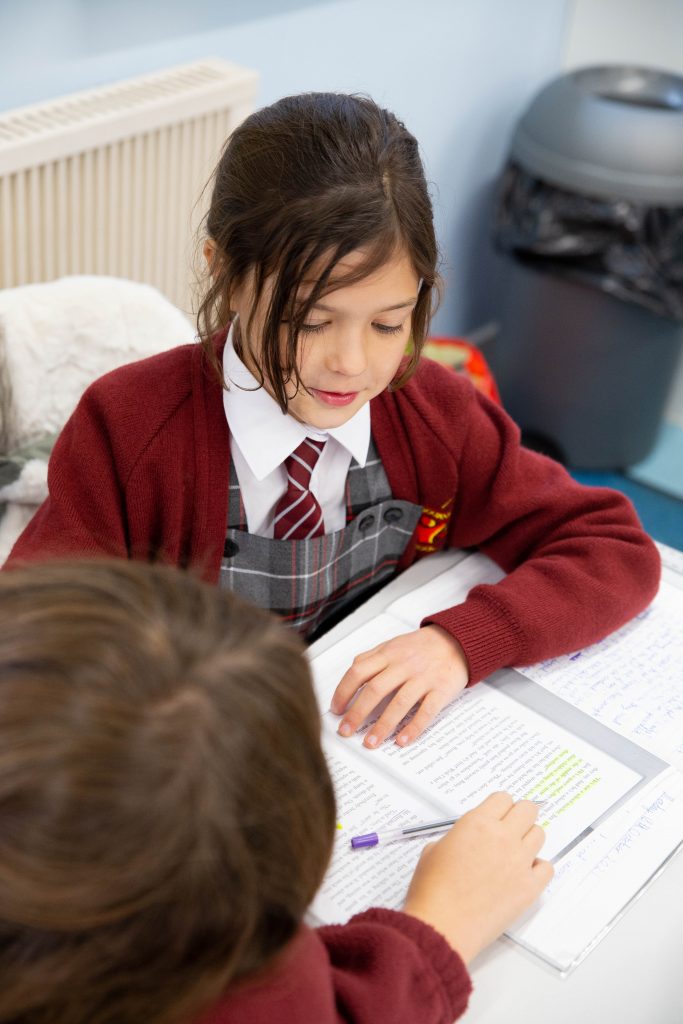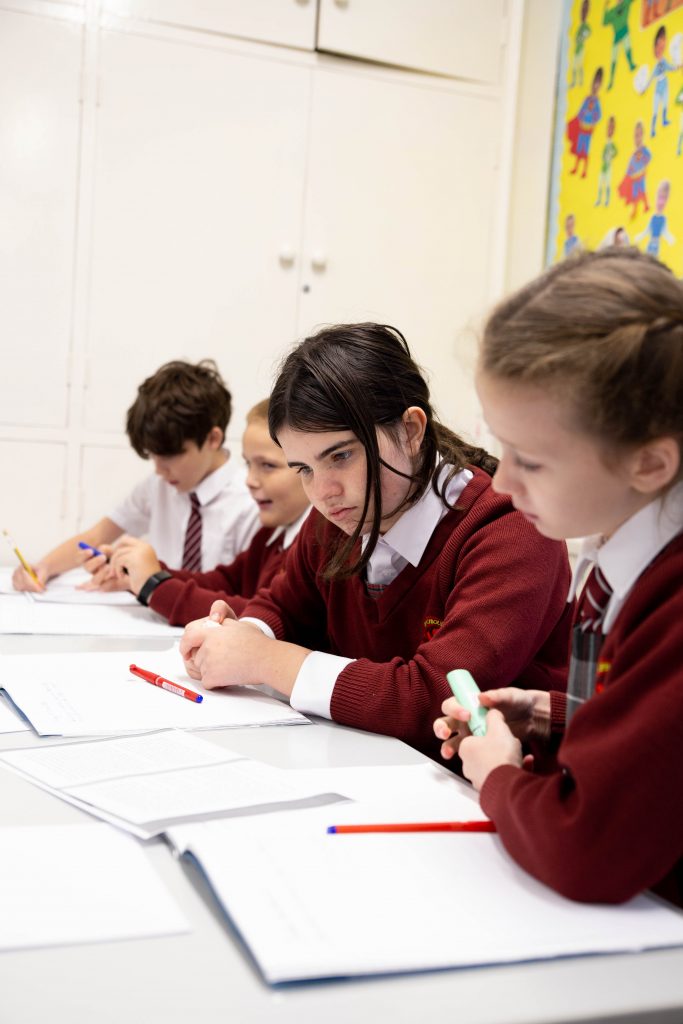Fairlawne Class
Fairlawne class is made up of children from year 4 to year 6, learning together in a caring, enthusiastic and supportive environment. When a child enters Fairlawne class, they will be a reasonably fluent reader, ready to develop independent learning skills. In order to meet the requirements of the National Curriculum 2014 and ensure good progress, all learning is differentiated to the age, individual needs and ability of the child, with a range of teaching and learning approaches being employed.
In English, writing tasks are predominantly linked to a class book or topic, providing a meaningful and on-going context for the writing; this also helps to develop each child’s reading comprehension and skills of inference and deduction. The text selected is often linked to our current Geography or History topic. This cross curricular approach helps to develop the child’s understanding of more than one area of the curriculum, whilst providing good breadth and depth. Children are also taught spelling and handwriting skills within each English lesson, with phonics support given to those children who need it. Daily guided reading is also an important part of the timetable, as is daily home reading which all children are encouraged to complete.
In Maths we endeavour to develop Numeracy skills within a real-life problem-solving context. By year 6, all children should have sound mental maths skills and be proficient in using standard written methods for calculations. Home learning and support with homework tasks will help every child become more confident in this. As for English, children are set meaningful targets in every lesson, enabling them to move forward in their learning and to take responsibility for their progress.
During the afternoon, a varied timetable covers Science, Geography, History, Art, DT, RE, PE, Computing, PHSE, Music and French. A variety of topics are covered each year, enabling a broad and balanced coverage of the National Curriculum during the three years a child is in the class. As a child progresses into the later years, they are encouraged to seek answers to their own questions, utilising independent research skills and developing a thirst for knowledge.
All children work towards assessment at the end of Key Stage 1 and 2. By the time children have progressed through their seven years of Primary Education, they should feel confident in themselves and their abilities to move on to their Secondary Schools.
Don’t forget to visit Class Dojo for up to date information and photos of your child’s learning.


